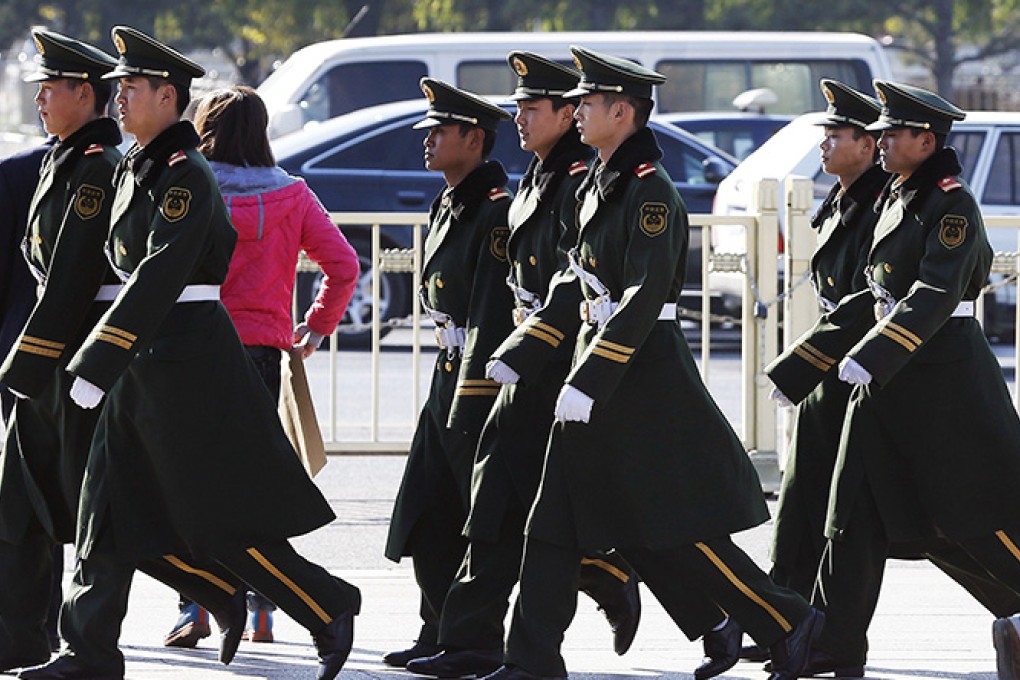China must scrap brutal disciplinary measure in war on corruption
Zhou Zunyou says party leaders should abolish brutal extralegal disciplinary measure

The Communist Party is considering reducing the use of its interrogation system in favour of strengthening the role of prosecutors in its anti-corruption campaign.
, literally "double designations", is a secretive disciplinary measure that the party uses to investigate members suspected of corruption. The legal basis of the measure dates back to an administrative regulation, issued by the central government in 1990, which authorised administrative supervisory departments at various levels to investigate civil servants suspected of violating state law or administrative discipline.
The talk of fighting both ‘tigers’ and ‘flies’ is admirable, but actually achieving change will take time
Most noticeably, this regulation granted the supervisory departments the power to order those concerned to appear at a "designated time and place" to account for the matters under supervision.
In 1994, the party's disciplinary organs obtained the same power through a party document named " Regulation on the Work of Investigating Cases". The so-called designated time and place for summoning suspects have been referred to as , literally "two designations".
In 1997, a parliamentary law on administrative supervision was adopted to replace the regulation. While the coercive measure was retained, the wording was changed to "specified time and place". The measure taken according to the new law has been called , literally "two specifications" and was clearly an attempt to distinguish it from .
At least in theory, is a measure against party members, whereas is imposed on civil servants outside the party. In practice, however, all decisions are made by party leaders and the distinction has little significance.
When officials are suspected of corruption, they are typically first subjected to in accordance with party rules or administrative regulations rather than to formal detention according to Criminal Procedure Law. If there is sufficient evidence for a criminal charge, the suspect will be handed over to prosecutors and judges. Few who have been handled via emerge unscathed.
